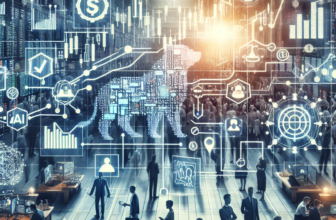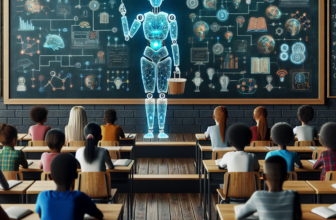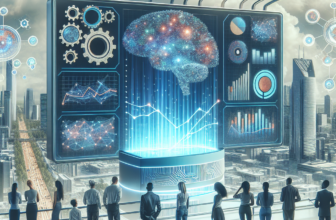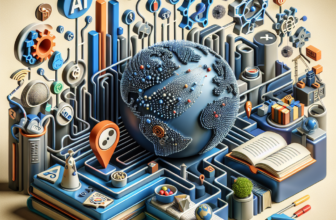Innovative Approaches to Education: Harnessing the Power of AI
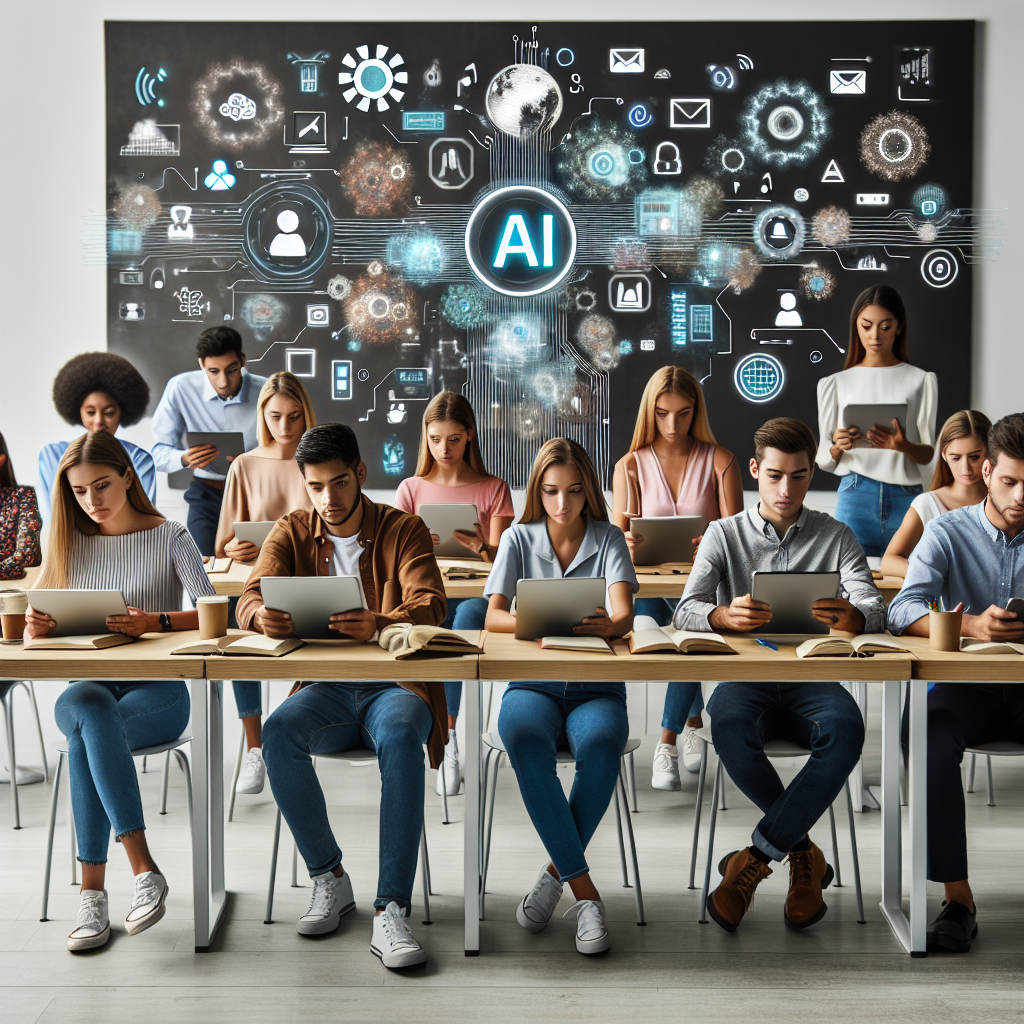
Innovative Approaches to Education: Harnessing the Power of AI
In recent years, there has been a surge in the use of artificial intelligence (AI) across various sectors, including education. AI has the potential to revolutionize the way we teach and learn, providing personalized, adaptive, and efficient learning experiences for students. From virtual tutors to personalized learning paths, AI is transforming education in unprecedented ways.
AI in Education: The Potential and Possibilities
Artificial intelligence has the potential to revolutionize education by offering personalized learning experiences that cater to the specific needs and learning styles of individual students. AI-powered educational tools can analyze students’ strengths, weaknesses, and learning patterns to create customized learning paths that optimize learning outcomes.
One of the most significant advantages of AI in education is its ability to provide real-time feedback and support to students. Virtual tutors and chatbots powered by AI can offer immediate assistance to students, answering their questions and providing guidance on challenging concepts.
Furthermore, AI can enable educators to better understand their students’ progress and performance, allowing for more targeted interventions and support. By leveraging AI, educators can identify struggling students and provide them with the necessary resources and support to help them succeed.
AI-Powered Tools and Technologies in Education
Several AI-powered tools and technologies are already making a mark in the education sector. For example, adaptive learning platforms use AI algorithms to analyze students’ responses and adapt the learning content to their individual needs. These platforms can adjust the difficulty of the content, offer personalized feedback, and provide students with additional resources to support their learning.
AI is also being used to create immersive and interactive learning experiences through virtual reality and augmented reality applications. These technologies offer students a more engaging and hands-on approach to learning, allowing them to explore complex concepts in a 3D environment.
Another area where AI is making headway in education is in the development of intelligent tutoring systems. These systems use AI to deliver personalized instruction, adapting to students’ progress and providing targeted support in areas where they struggle.
The Future of AI in Education
As AI continues to evolve, the potential for its application in education is vast. The future of AI in education holds the promise of further personalized and adaptive learning experiences, enhanced student support, and the development of more efficient and effective educational tools and technologies.
With AI, the possibilities for innovation in education are endless. From virtual classrooms to personalized learning plans, AI has the potential to revolutionize the way we teach and learn.
Furthermore, AI can help educators identify areas for improvement and innovation, leading to the development of more effective teaching strategies and curriculum. By harnessing the power of AI, educators can gain insights into students’ learning processes, enabling them to make data-driven decisions that improve learning outcomes.
FAQs
What are the potential benefits of AI in education?
Some of the potential benefits of AI in education include personalized and adaptive learning experiences, real-time feedback and support for students, and enhanced student performance and engagement.
How is AI being used in education?
AI is being used in education through adaptive learning platforms, intelligent tutoring systems, virtual reality and augmented reality applications, and virtual tutors and chatbots, among other tools and technologies.
What is the future of AI in education?
The future of AI in education holds the promise of further personalized and adaptive learning experiences, enhanced student support, and the development of more efficient and effective educational tools and technologies.
What are some of the challenges associated with AI in education?
Some of the challenges associated with AI in education include concerns about data privacy, the potential for bias in AI algorithms, and the need for adequate training and support for educators in using AI-powered tools and technologies.
In conclusion, the integration of AI in education represents a significant opportunity to enhance learning experiences, improve student performance, and drive innovation in the education sector. By harnessing the power of AI, educators can create more personalized, adaptive, and effective learning experiences for students, ultimately paving the way for a brighter and more innovative future in education.



